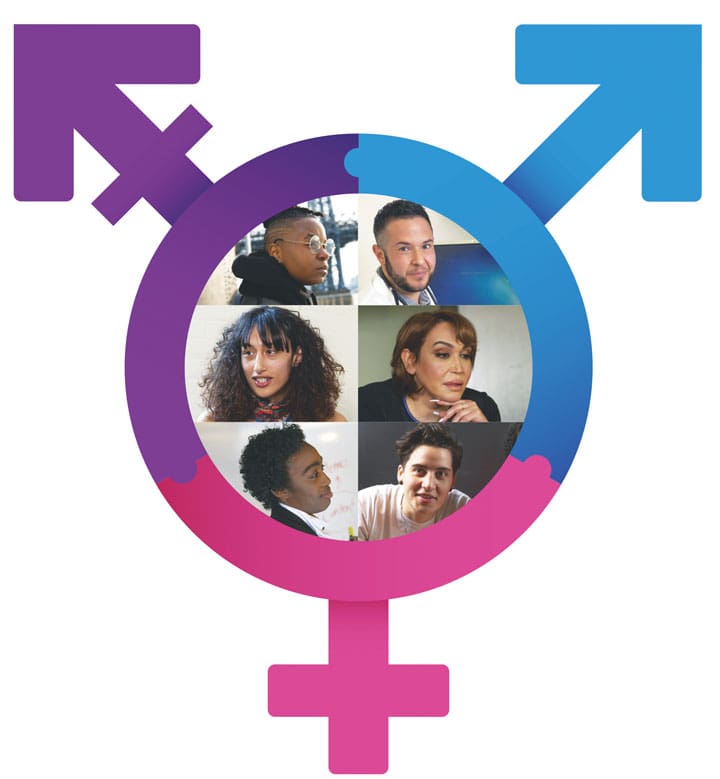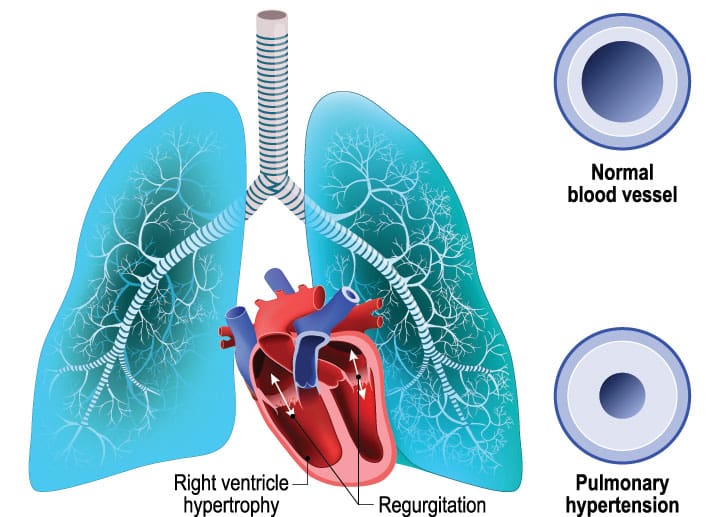In the late 1800s, women healers and subsequently nurses enjoyed significant autonomy providing care at home and in the community. As care became institutionalized during the early 1900s, hospitals and physicians became more powerful than nurses. Nurses succumbed to the dominant culture that oppressed and exploited them.
To overcome oppression by those with greater prestige, power, and status, a group must be able to organize, demonstrate self-governance, and be aggressive against its oppressor. Fear of annihilation from rising up against the dominant force has been a powerful deterrent to aggressive uprising. Seeking liberation from oppression requires breaking out of the social conditioning that underlies the oppressed behaviors, such as low self-esteem, fear of success, and need for structure.
Significant progress has been made overcoming the last century of oppression in nursing, but residual effects remain. Moving nursing education from hospitals to universities has been one way nurses have wrested control from hospitals and doctors. Developing the theoretical bases for practice and producing research also have strengthened nursing’s autonomy.
Our relationships with physicians have changed, too. Nurses were, in effect, brainwashed to believe physicians should lead and control the health enterprise. In the 1970s, nurses were encouraged to be bicultural—striking out on their own while also submitting to the dominant culture when needing to fit in. During the 1990s, the doctor-nurse game was alive and well. Nurses seeking to influence a patient’s care had to plant an idea so physicians could adopt and initiate the action as if it were their own.
Today, it’s well established that nursing autonomy, nurse-physician collaborative relationships, and collegial practice contribute to greater safety and better outcomes. Despite this progress, though, we still find ourselves outranked and outnumbered at the policy tables where healthcare transformation is being influenced. But perhaps the tables are turning. Major players have a strong desire to move from the mechanistic model of medical care to one that values person-centeredness and relationships—areas where nurses excel. Dominant culture traits alone (intelligence, decisiveness, and lack of emotion) no longer prove successful in today’s healthcare environment. A greater need has arisen for the communal leadership traits typical of women and nurses. Building strong relationships, being collaborative, and coaching and developing employees are hallmarks of this style, often seen in transformational leaders.
A Gallup survey conducted last year for the Robert Wood Johnson Foundation reported that opinion leaders believe nurses should have more influence than they now have on health policy, planning, and management. They believe that nurses’ primary areas of influence are reducing medication errors, improving quality, and coordinating patient care, but that nurses aren’t perceived as important decision makers. (See www.rwjf.org/humancapital/product.jsp?id=54488.)
Nurses are underused as a resource in transforming care. For a decade, the Gallup Honesty and Ethics poll has declared nurses the most trusted professionals. How do we parlay this trust into confidence and endorsement for nurses to occupy key roles influencing health care?
We haven’t reached escape velocity—the speed needed to break away from the gravitational pull of dominant forces that hold us back. We continue to make inroads on such issues as staffing, safety, quality, and interprofessional education. When we look around, we see that although nurses number about 3 million strong, we have at best a single seat on most committees influencing health policies driving the design, quality measurement, and payment for health care. We do have some stars in high-level leadership positions, as well as researchers demonstrating the value of nurses in redesigned care delivery models. There just aren’t enough of them.
We’ve partnered as compliant team players with other professionals and consumers to lead change and provide cost-effective care, creating profits for a heretofore lucrative hospital industry. Nurses are now driving the focus from reaching only economic goals to achieving quality goals, but I fear we still suffer marginalization by our oppressors. We need to stop being complicit in supporting the dominant culture, and instead leverage our successes at improving safety, quality, and interprofessional collaboration to gain more seats at the policy tables. We need to reach escape velocity to control our destiny and change health care for the future. To do so also requires reversing divisiveness and lack of cohesion.
With today’s nursing intellectual capital at our disposal, I know we can defy gravity.
Pamela F. Cipriano, PhD, RN, NEA-BC, FAAN
Editor-in-Chief


















2 Comments.
Surely intelligence and decisiveness are still critical to care, and nurses exhibit these traits. What can we do to make sure that the huge growth (and further expected growth) of non-hospital care, where nurses have historically dominated in control of delivery and administration, is not wrested from us? Let’s be proactive! What do we think needs to happen? How? With what partners? How will we be reimbursed?
Thank you for saying it so well.